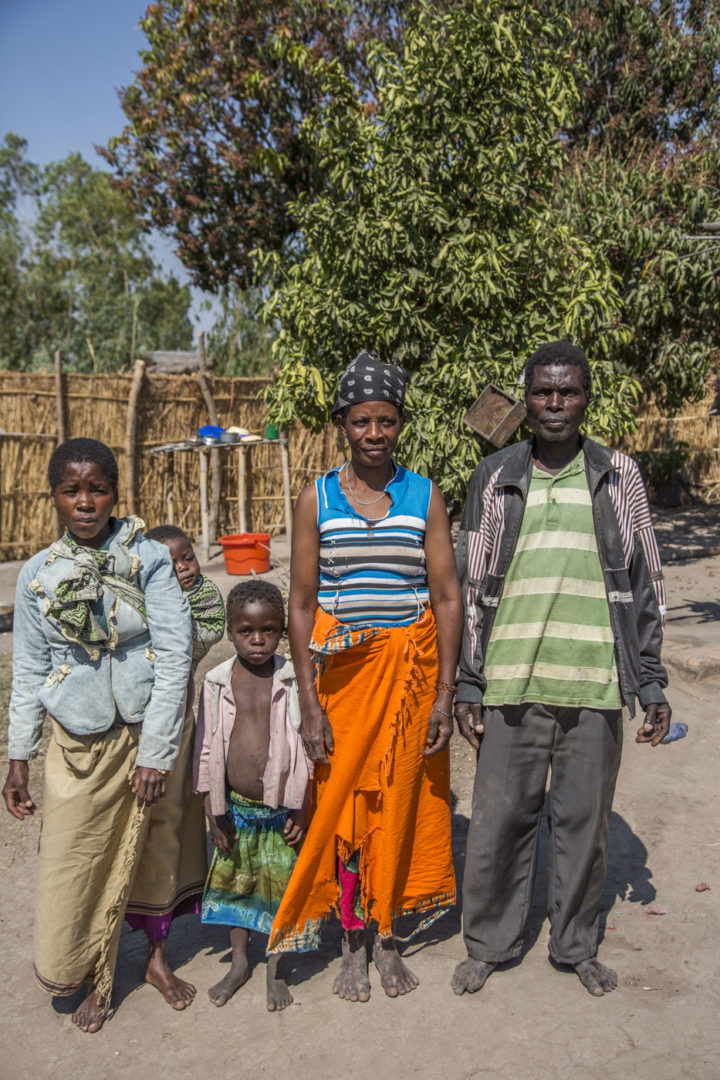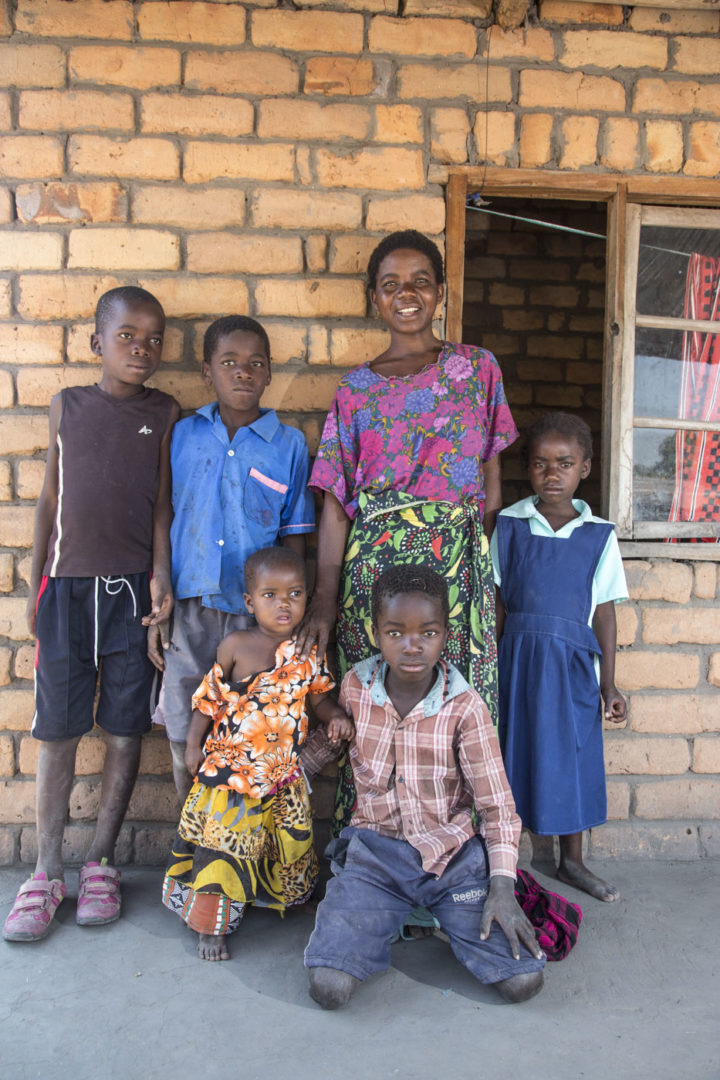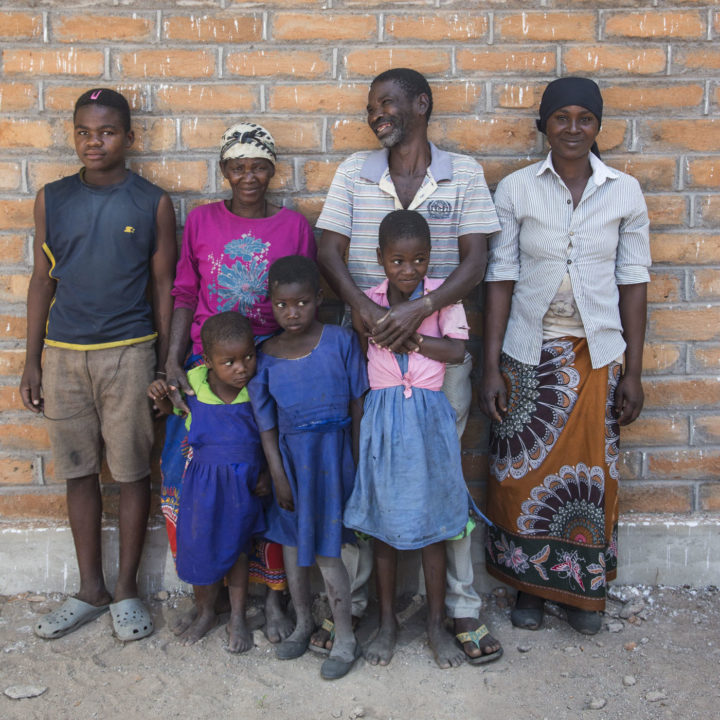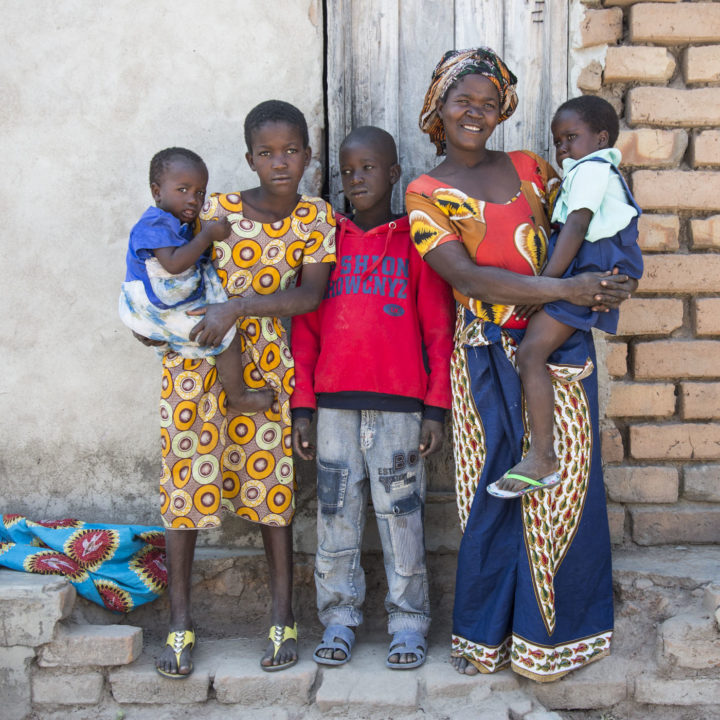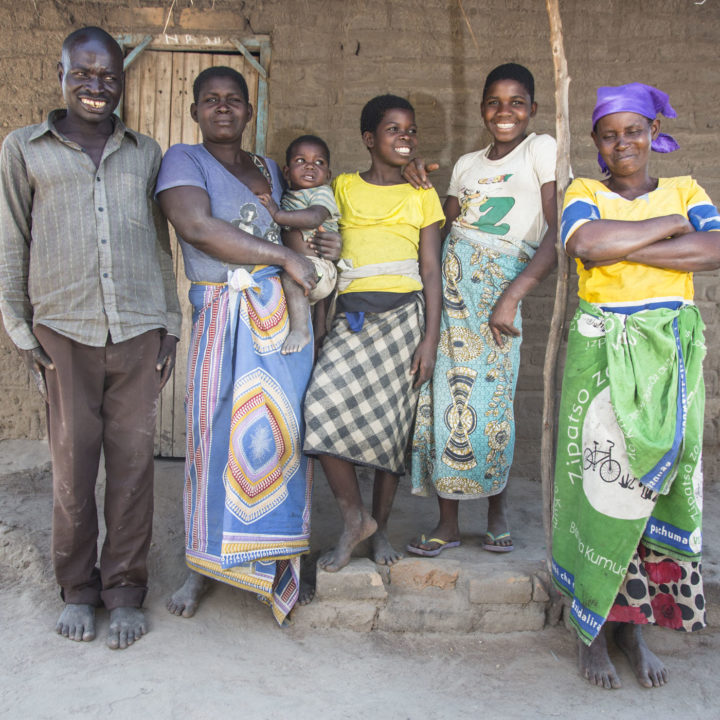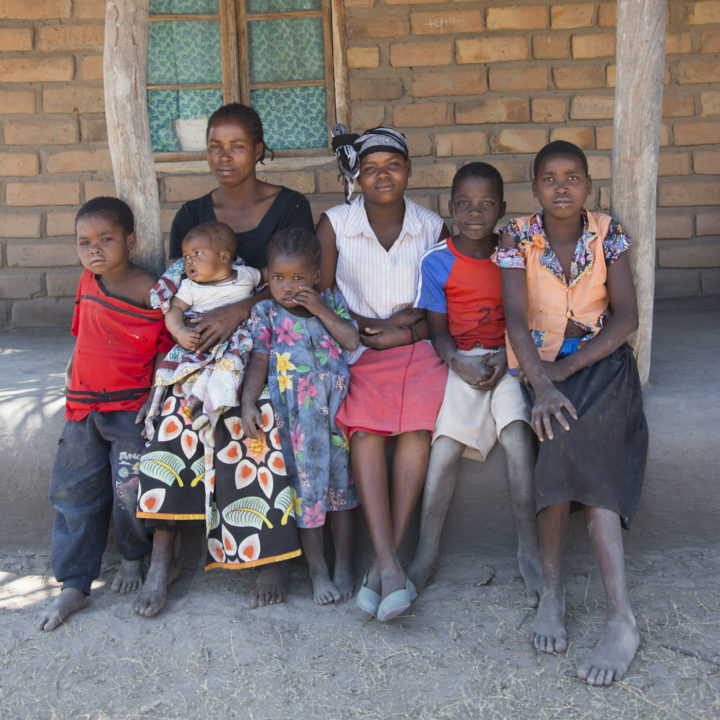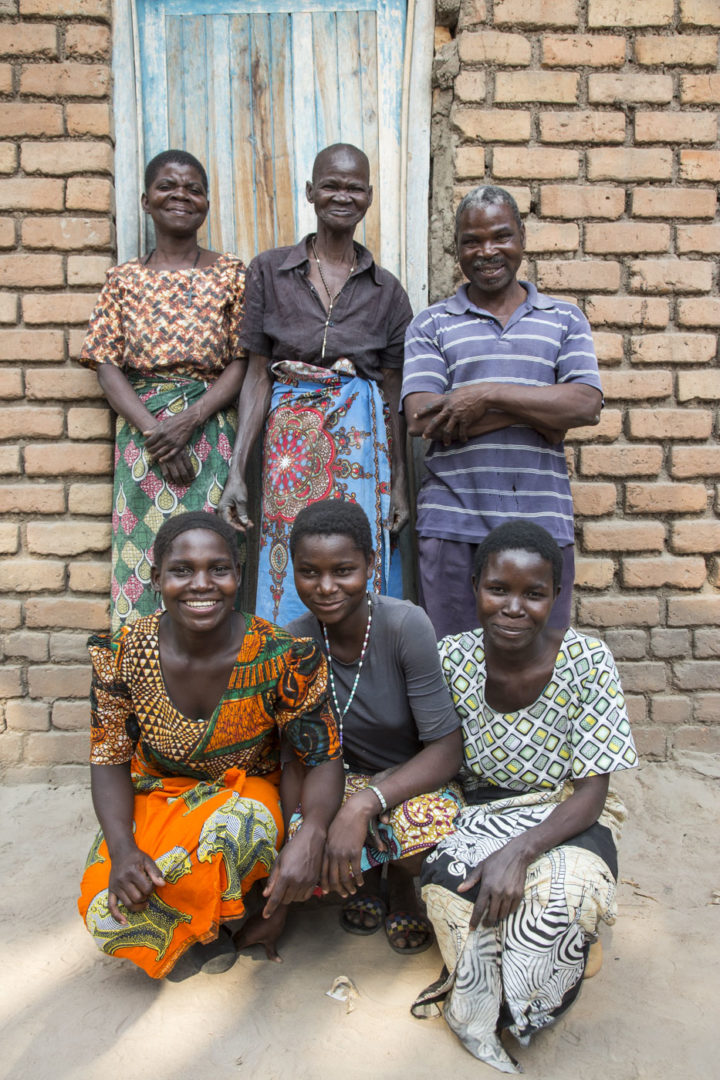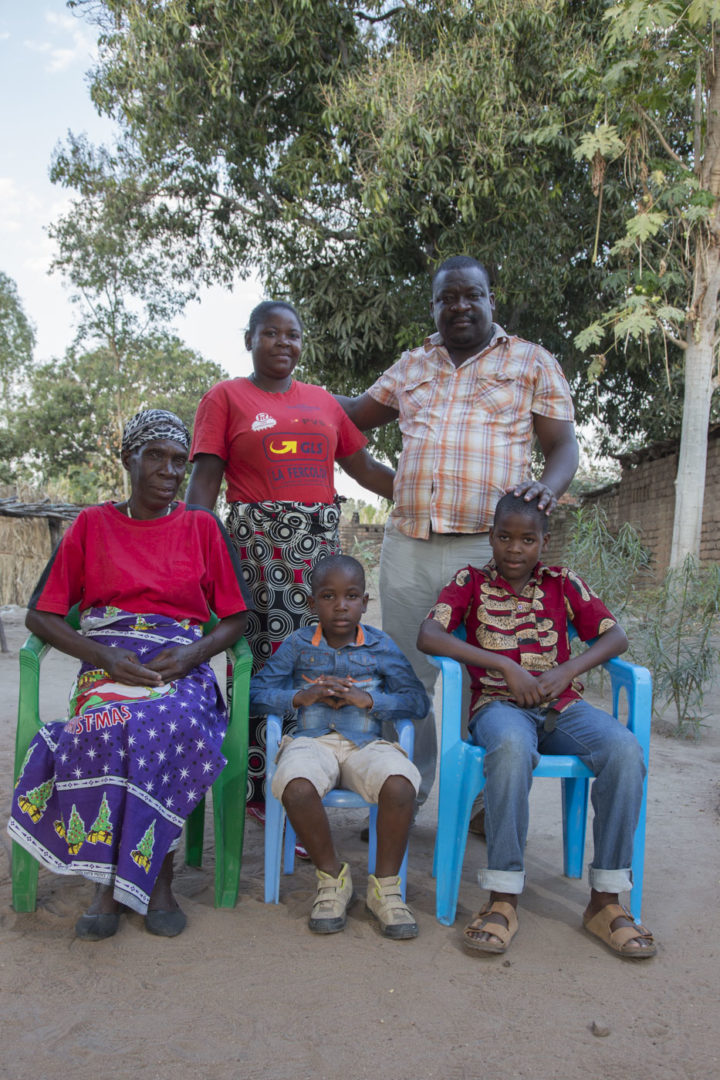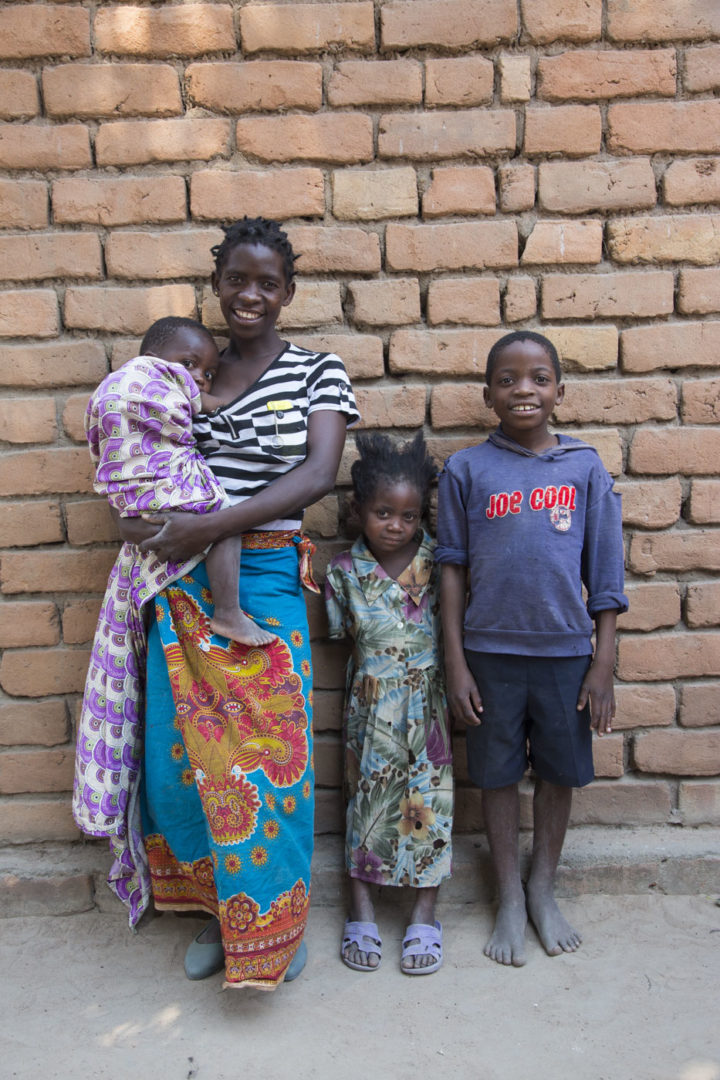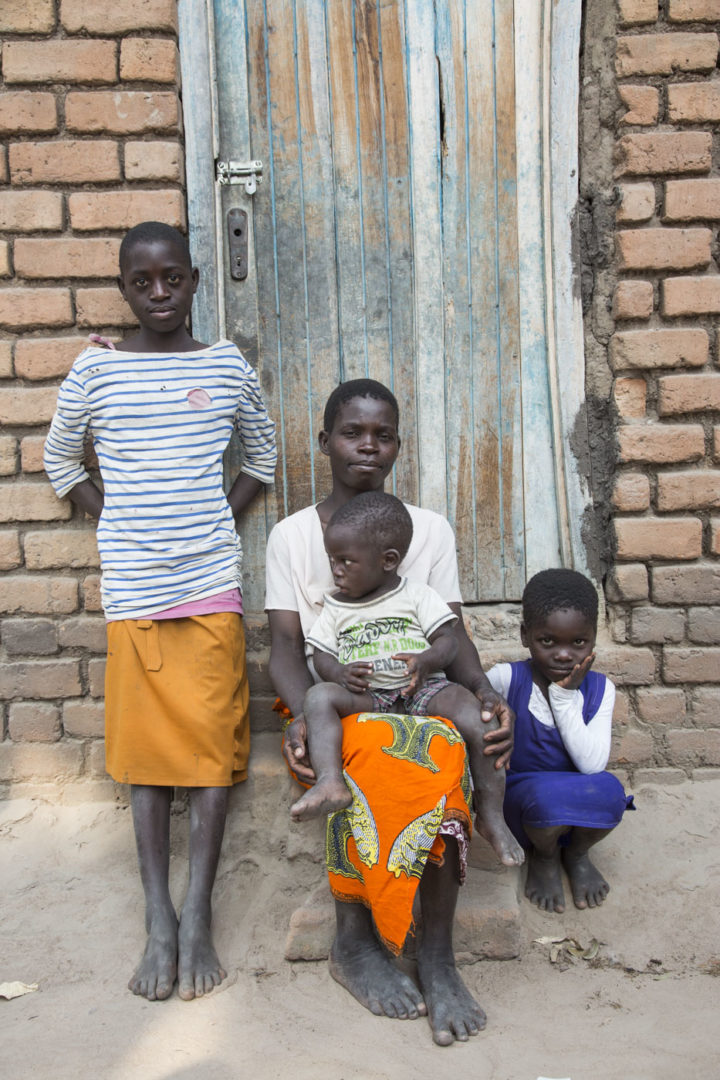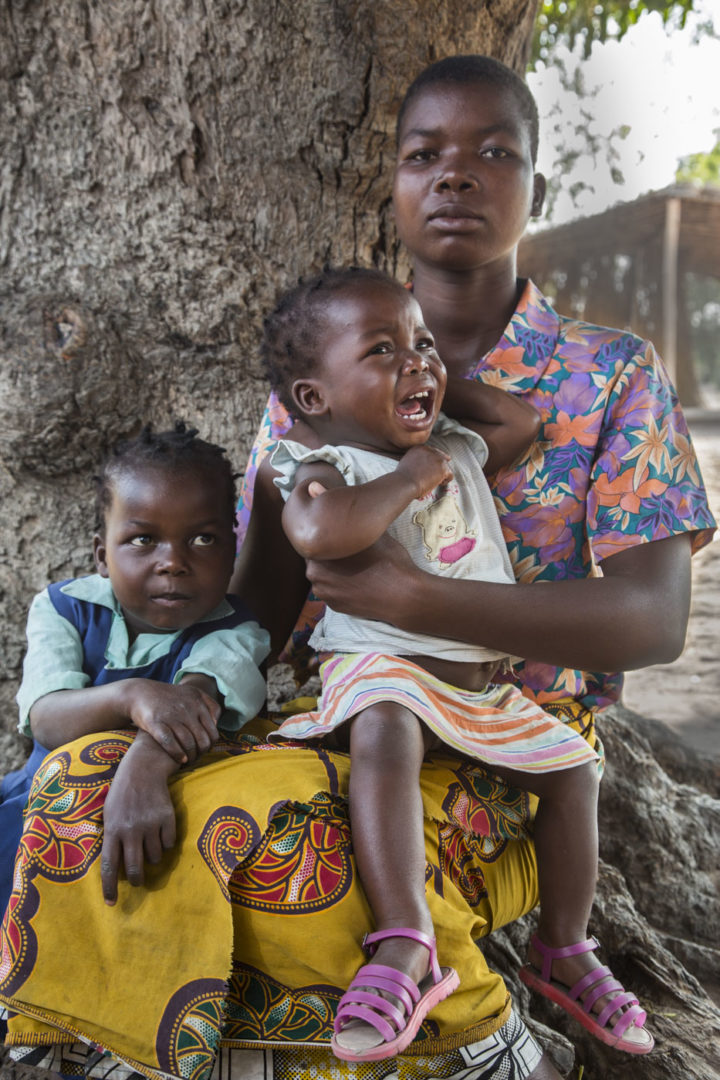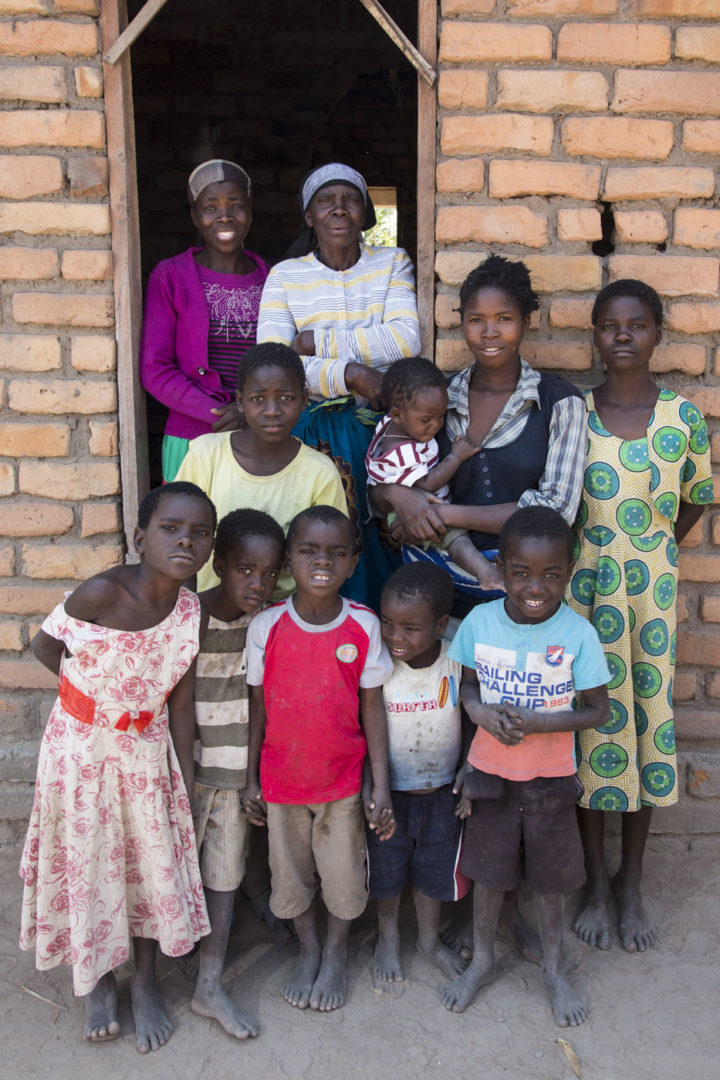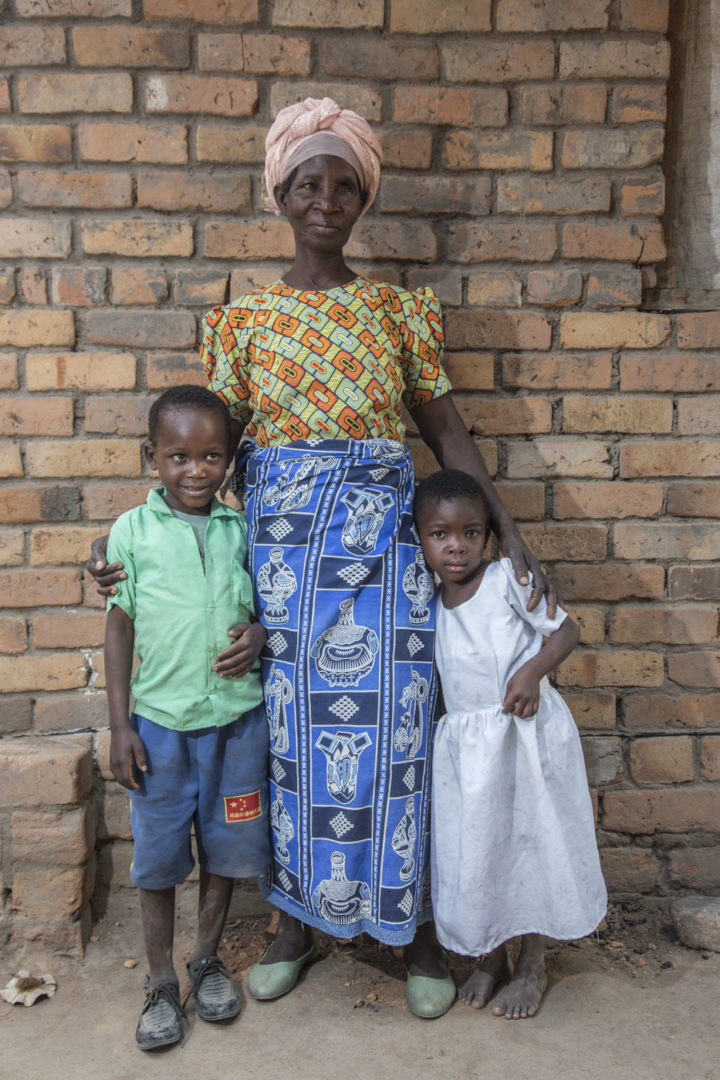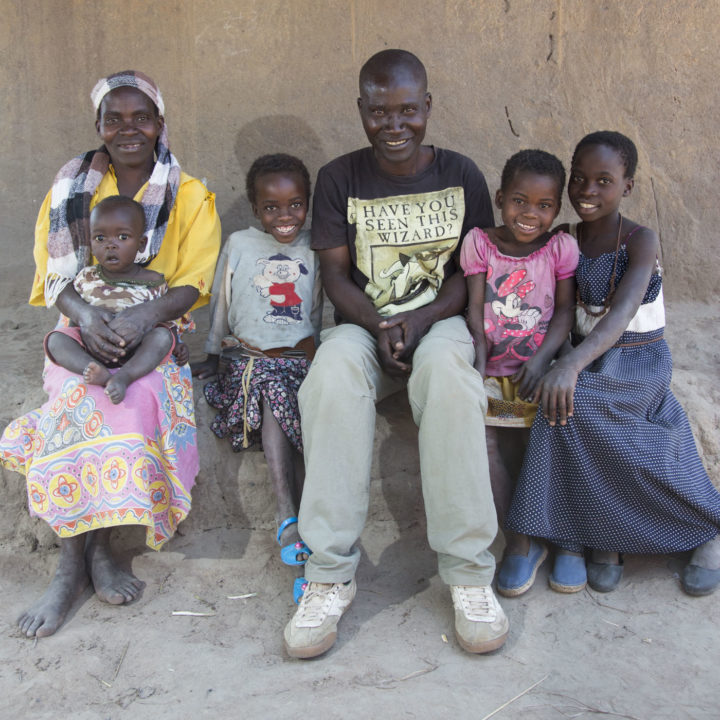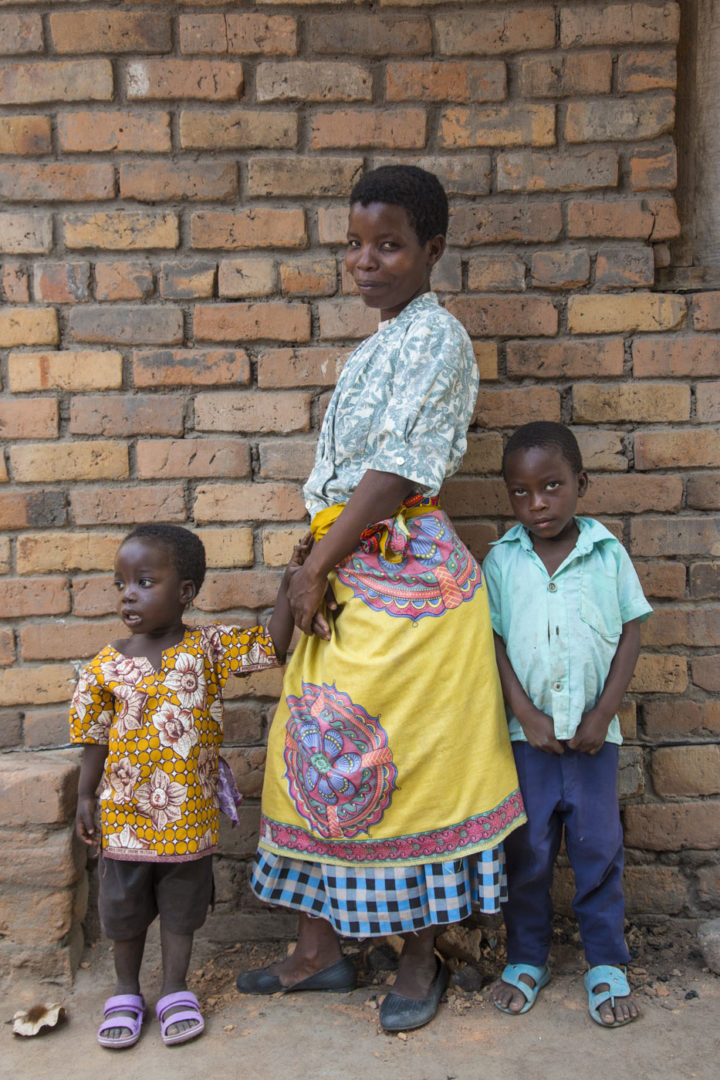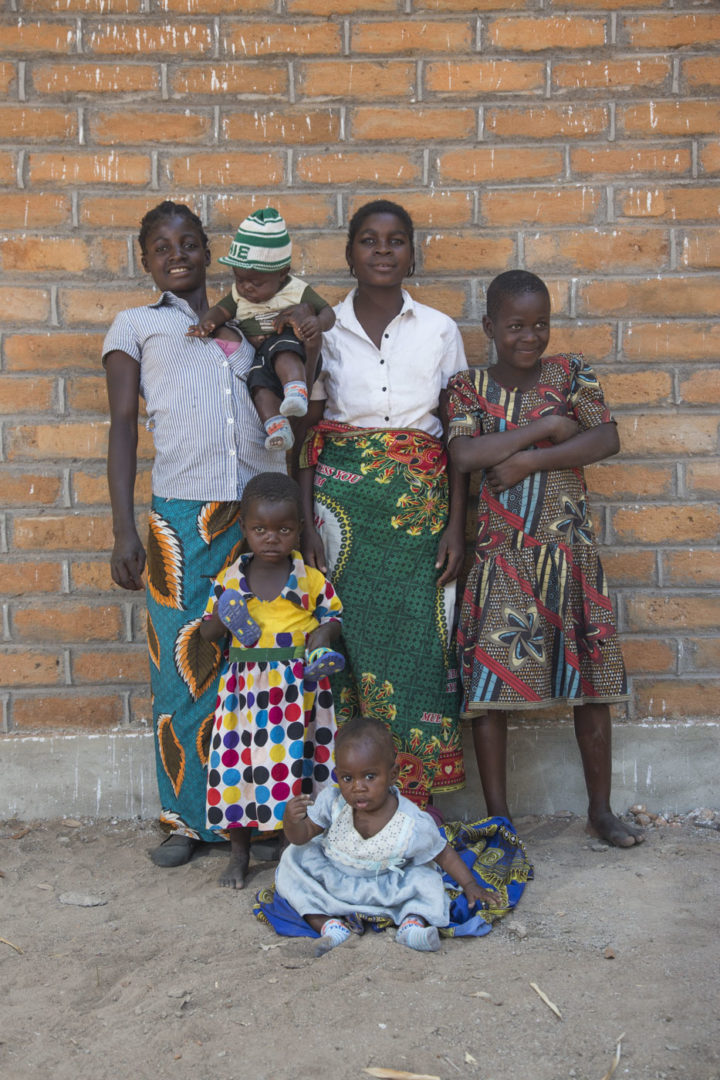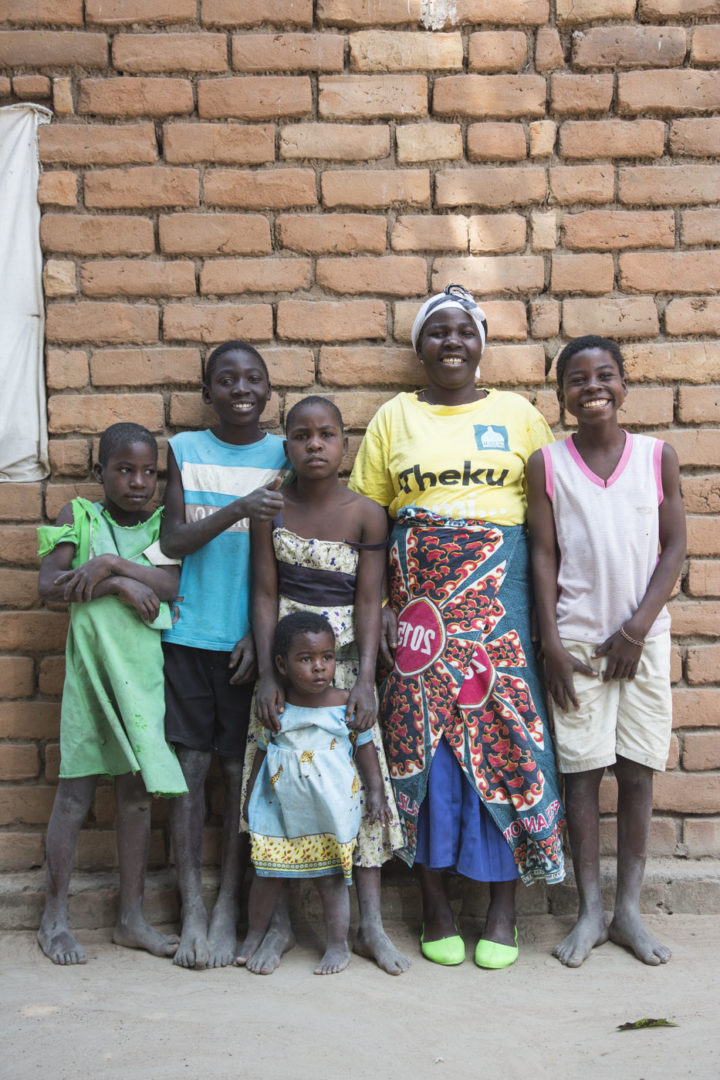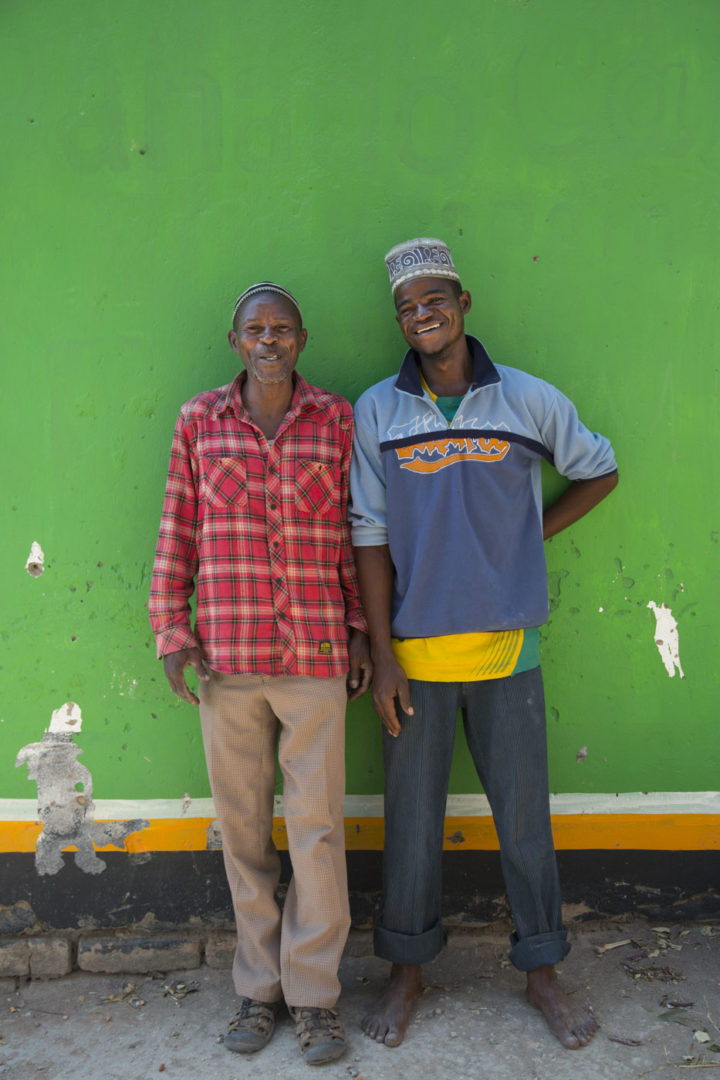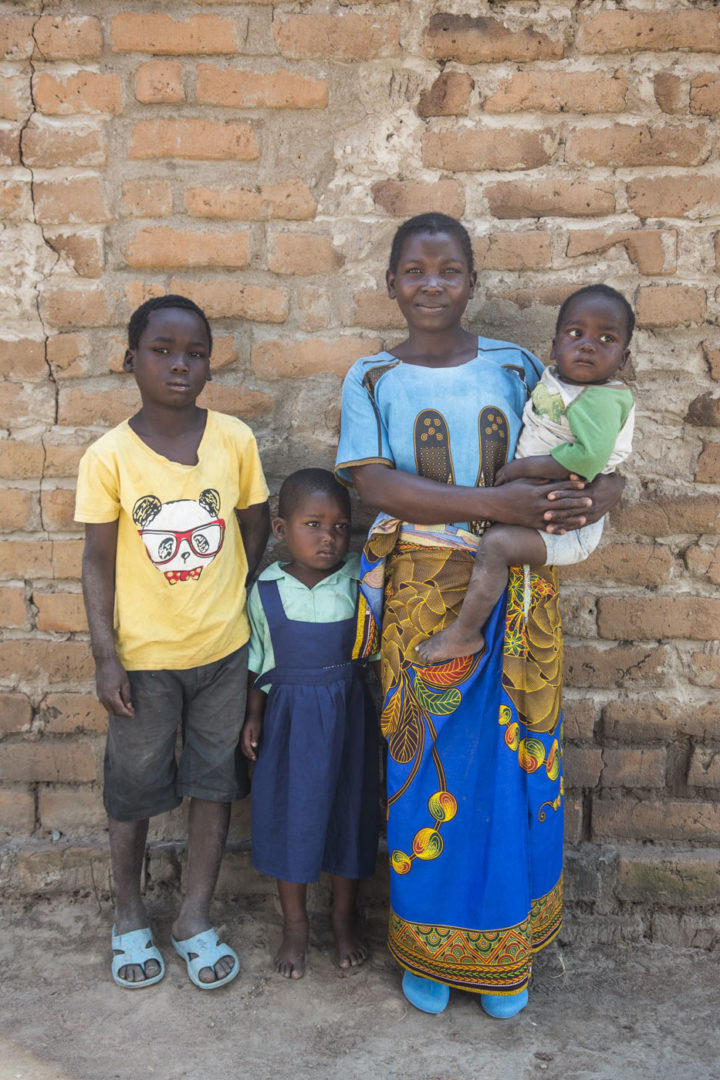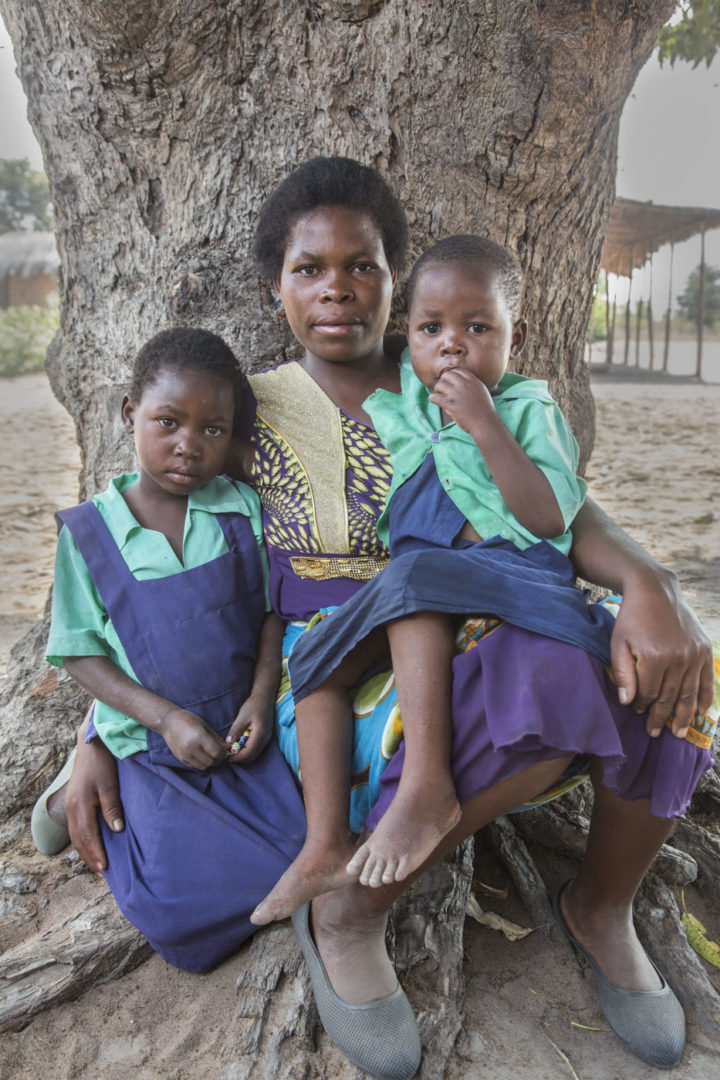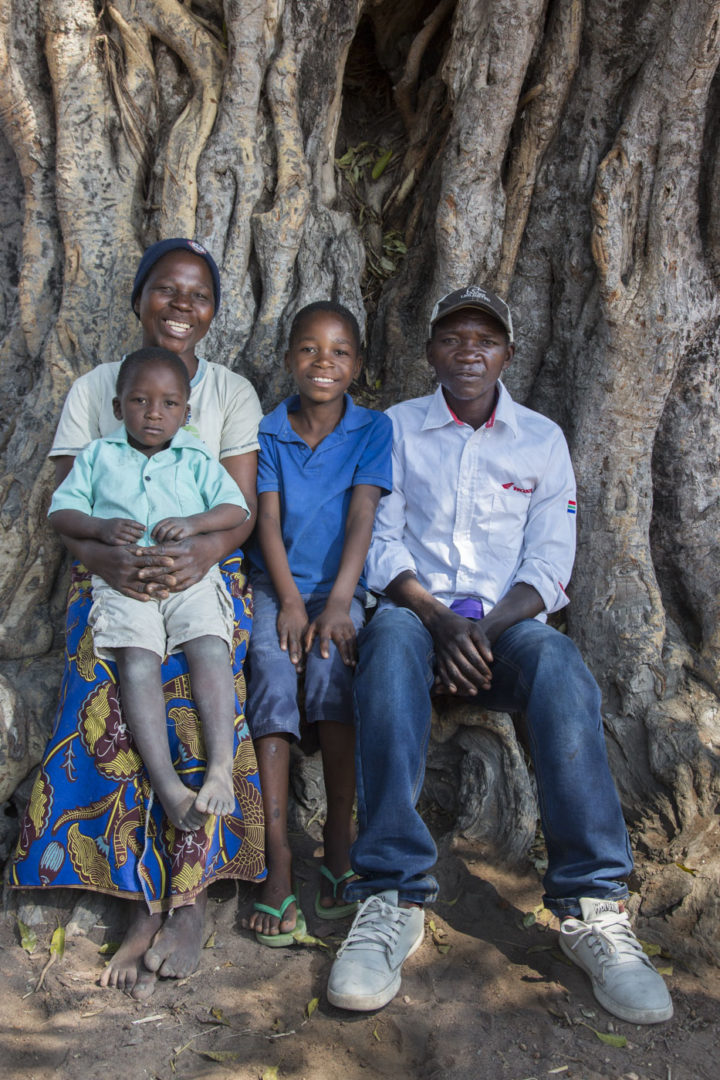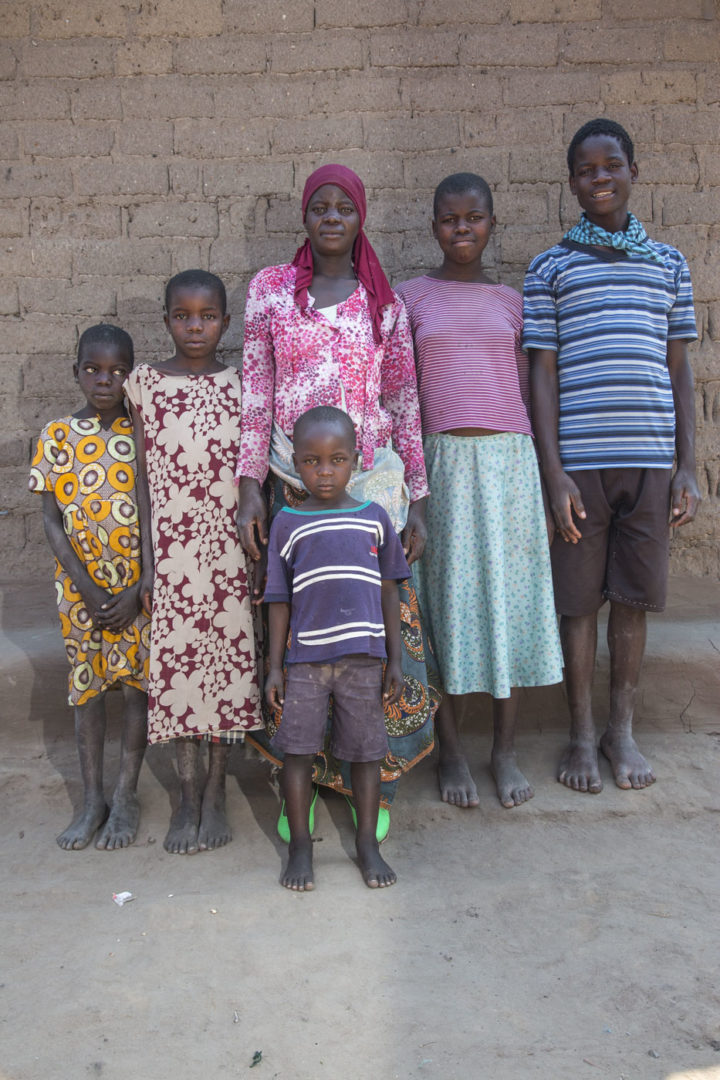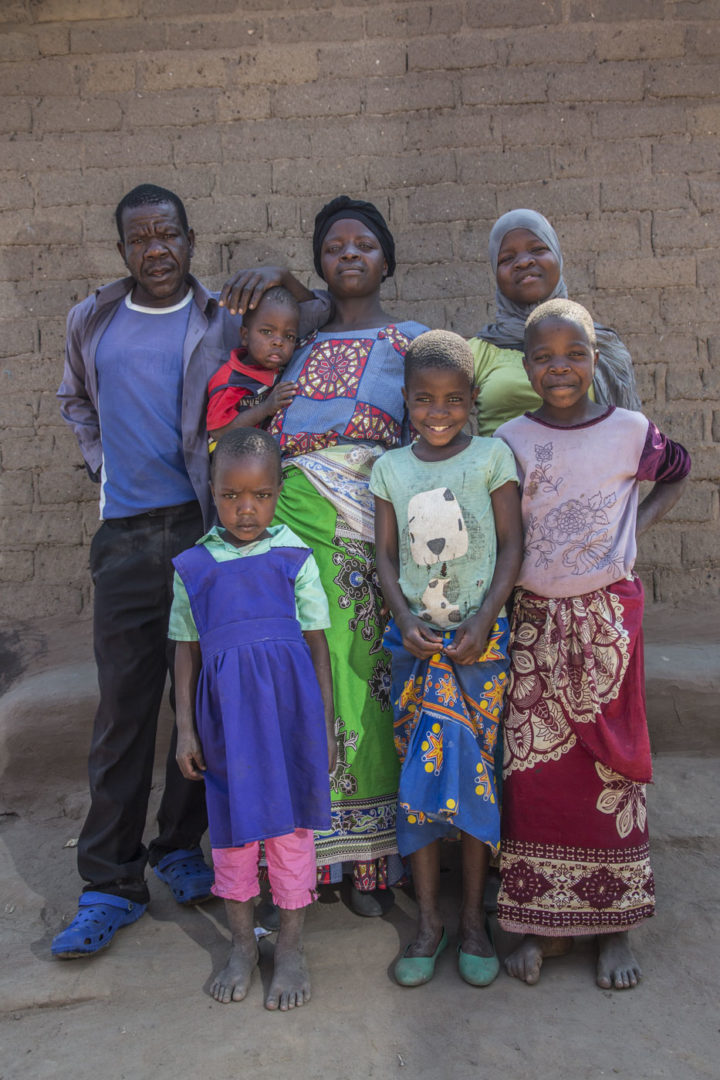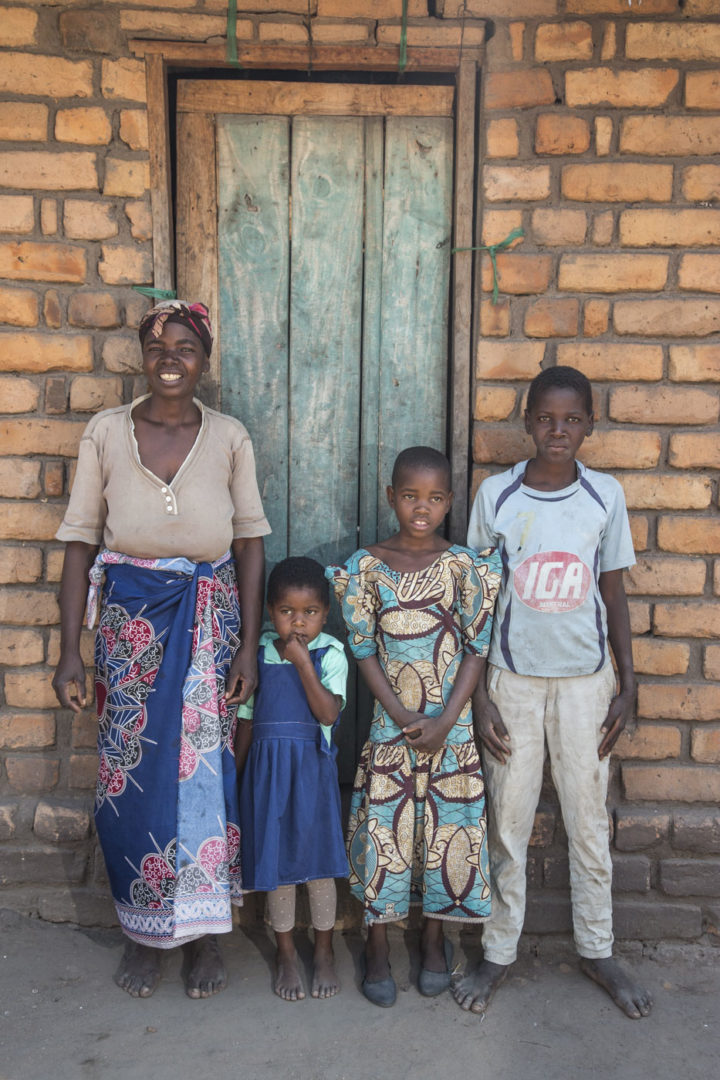Malawi – The Family Portrait
Malawi, The Family Portrait
Malawi is one of the poorest states in Africa. Its main resource – agriculture – has facilitated the settlement of small villages.
In 2018, I volunteered with VONAC, Canossid Volunteer, in the village of Pompa, located in the east of the District of Machinga.
The people of Pompa are originally from Ruri, Mozambique. They emigrated in 1906 to escape the war, and settled in Malawi, where they found land to cultivate. Members of the Lomwe tribe settled in Pompa in 1921. Today, Pompa has 54 families, the majority of which are Catholic, with others are of varying other Christian denominations, Muslim, and traditional ancestor religions.
The families coexist, collaborating in their effort to overcome poverty. The social system is matriarchal: the husband goes to live with his wife, and the children belong to the woman.
Lack of work forces many of the men to go to South Africa or to spend months by the lake seeking sustenance for their families.
The villagers live in huts built out of mud bricks, made by baking bricks in rudimentary ovens fed with wood from the surrounding trees, which are rapidly disappearing, precisely because they are the main source of fuel.
Few villagers are literate, but several organisations seek to sustain their educational and economic development.
In the margins of the cooperation activities, a small photographic project was developed that would allow the families of the village to have their family portrait taken, as a way to accompany their transition from a culture based on oral tradition to building a memory of their roots through photographic images and the writing of texts, as is now being experienced by the village’s younger members. The photographs taken were then printed and donated to the families themselves.

The Beach
Next








